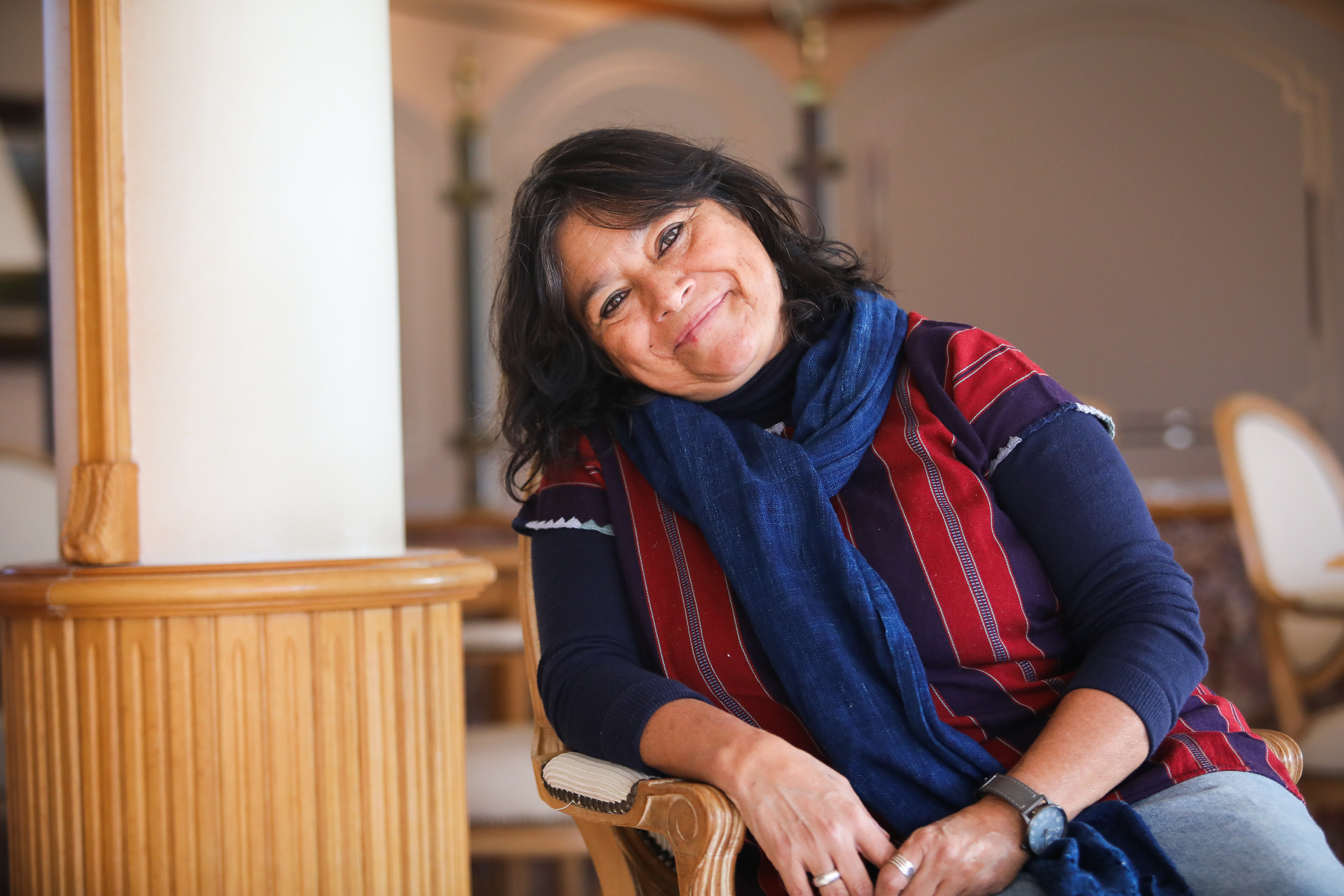Collective residencies / FEMINISMS III / Olot
PALOMA BONFIL
From Sunday, 12 January 2020 to Saturday, 18 January 2020

Bio
Paloma Bonfil is a historian, ethnohistorian and rural sociologist and has devoted her work to the study and accompaniment of indigenous women’s organizational processes, from the academy, public service and civil society. She has worked as consultant for UNIFEM, UNICEF, UNDP, ILO, FAO and IHRC. As a researcher, Paloma Bonfil has published papers, essays and several books: Las Mujeres Indígenas al Final del Milenio; Niñas indígenas: la esperanza amenazada; Panorama de la Discriminación hacia las mujeres indígenas; Los espacios conquistados. Diagnóstico de la participación política de las mujeres indígenas en México; el Camino Recorrido de las Mujeres Indígenas (militancia indígena femenina en el PRD); y Democracia pendiente y en camino. Violencia política contra mujeres indígenas en el proceso electoral 2018.
In recent years, Paloma Bonfil has carried on sveral projects of collaborative research with indigenous women on subjects like. Gender violence, sexual and reproductive health; human rights and political participation.
Project
I’ll join the Faber meeting as a “critical friend” for professor Domínguez, thus, I’ll be commenting her chapter about the challenges indigenous women face in Mexico and Bolivia, where political parity at the national and local levels is already attained, but political violence, simulation and harassment are still frequent. My discussion will focus on the effects of indigenous women’s mobilisations in the processes of gender institutionalisation over the last years, and the challenges they face for the legitimation of their specific political agendas, specially at local and community levels, as a way to discuss parity at the formal level, vis a vis indigenous women’s inequality at all social, cultural and economic levels, taking their best practices as possible ways to achieve their political rights, both within their respective national political systems and their communal political structures.
